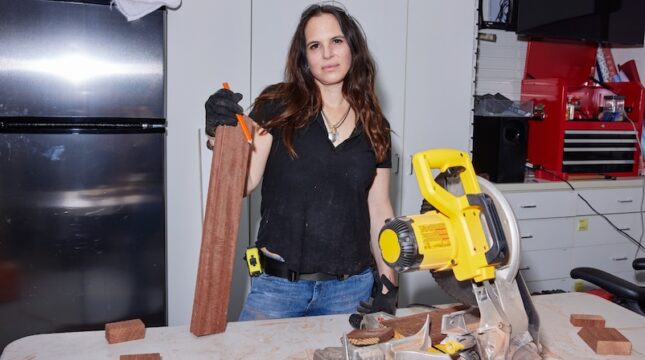General contractor license requirements in Ohio
Ohio doesn’t require any special licenses for minor repair work, such as painting or home improvement projects that cost less than $1,000. More extensive projects require a state or local license.
State license requirements
If you are interested in becoming a licensed contractor who works on commercial construction projects involving HVAC, electrical, plumbing, hydronics or refrigeration, you’ll need to get a statewide license issued by the Ohio Construction Industry Licensing Board (OCILB). These licenses are also called Master Licenses.
Those applying for statewide general contractor licenses in Ohio will have to meet the following requirements:
- Be at least 18 years old
- Be a U.S. citizen or legal alien with proof of residence
- Work as a tradesperson for at least five years in the same trade as your application, be a registered engineer in the same trade as your application for at least three years or have equivalent years of experience that the board would find acceptable
- Not have been convicted of a crime or other disqualifying offense
- Pass your trade examination
- Have proof of at least $500,000 in general contractor liability insurance
- Pay a $25 application fee
Once your application has been approved, the board will ask you to complete a background check before sitting for the exam.
Local contractor license requirements in Ohio
If you won’t be working on any specialized trade projects (HVAC, electrical, plumbing, hydronics or refrigeration) and are planning on running a residential or home improvement contractor business, you can apply for a general license at the local level.
Different municipalities in Ohio have specific requirements for general contractor licenses. In local jurisdictions, the exact names and types of licenses can vary.
In general, to get a local general contractor license, Ohio cities require you to:
- Complete your application form
- Be at least 18 years old
- Be a U.S. citizen or legal alien with proof of residence
- Prove at least three years of general contractor experience through W-2s, project permits or the license number of contractors you’ve worked with
There are also more specific requirements by city or local region that you’ll have to meet.
Cleveland
You don’t need to get a separate license, but you must register as a general contractor in the city of Cleveland. (Plumbers, electricians and HVAC contractors must apply for licenses, though.) You’ll need to meet the general state requirements when you apply, plus the following:
- Provide proof of liability insurance for a minimum of $200,000
- If you’re applying as a corporation, include your Articles of Incorporation in your application
- Provide a surety bond for $25,000 with a power-of-attorney form attached
- Pay a $150 application fee (renewals are $120 per year)
Columbus
General contractors operating in the city of Columbus, can apply for licenses, including:
- General contractor: Projects that involve new builds and alterations, modifications and repairs to commercial and multi-family homes.
- Home improvement general contractor: Projects that involve repairing, modifying, replacing and upgrading residential homes for one to three families. This license also covers work on driveways, swimming pools and garages.
- Home improvement limited contractor. Projects with scopes of work, including roofing, siding installation, deck installation, basement waterproofing and more.
For city or municipality qualifications, check with Columbus’ Building and Zoning Services.
You’ll need to meet the general requirements when you apply and:
- Pass an exam
- Provide proof of liability insurance for $300,000 for a single person and $500,000 per occurrence.
- Get a surety bond for $25,000
- Pay an application fee ranging from $185-$350
Cincinnati
In the city of Cincinnati, you’ll need to meet the general requirements when you apply and:
- Provide a certificate of liability insurance that’s at least $100,000 in coverage
- Show a list of registered subcontractors you work with on projects
- Provide proof of business entity forms if you apply as a business or your Social Security or Tax Identification Number if you apply as an individual
- Pay a $131.25 application fee








